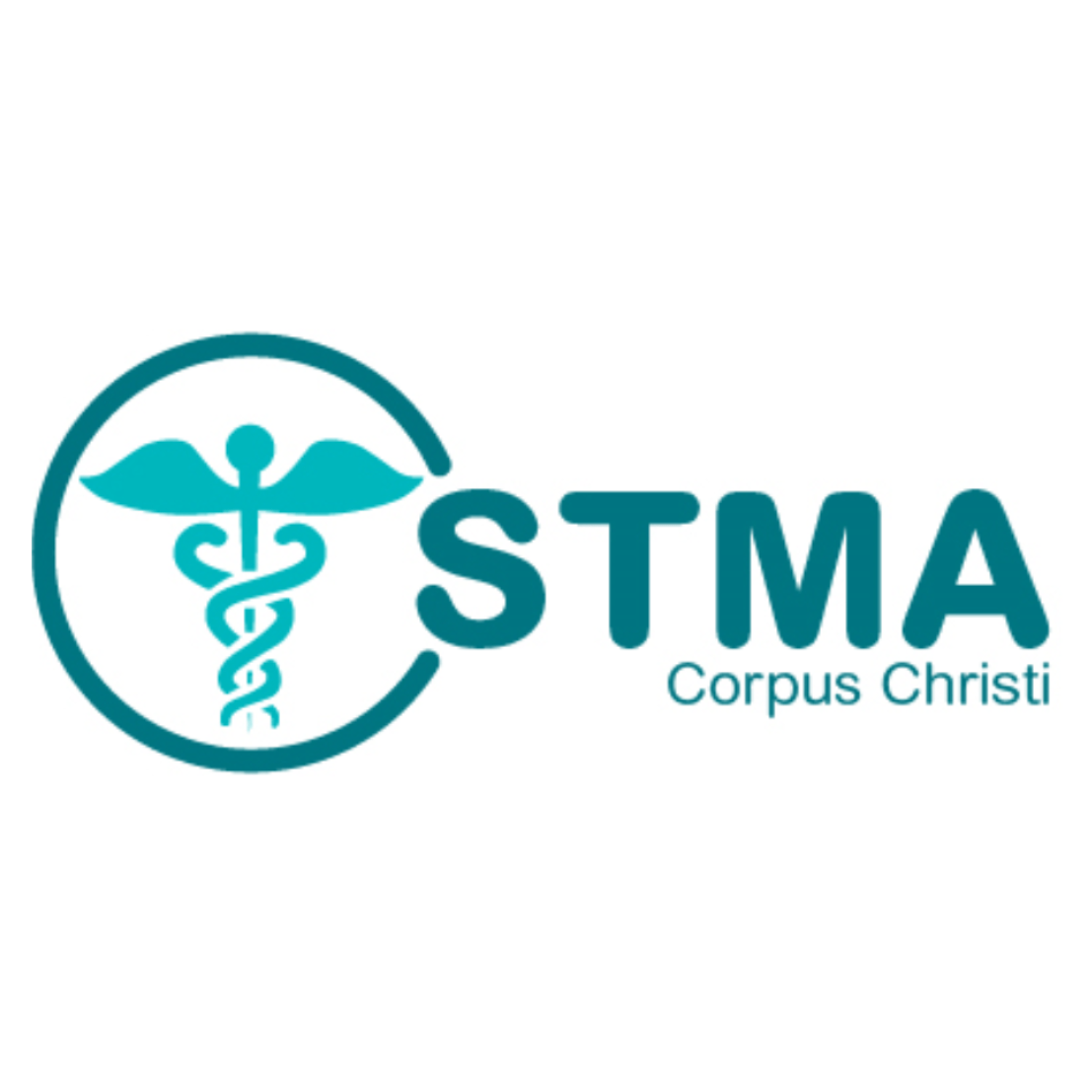In the realm of health and wellness, misinformation can spread like wildfire, often leading individuals down paths that may not be conducive to their well-being. From home remedies to dietary fads, the landscape of health advice is cluttered with myths that can be misleading and even harmful. In this article, we’ll delve into some of the most pervasive health myths, unraveling the truth behind them with evidence-based insights. Whether you’re seeking guidance on diet, exercise, or general well-being, it’s crucial to separate fact from fiction to make informed decisions about your health.
Myth #1: “You Only Need to See a Doctor When You’re Sick”
One of the most common misconceptions about healthcare is the belief that medical attention is only necessary when symptoms arise. However, regular check-ups with a primary care provider (PCP) are essential for maintaining optimal health and catching potential issues before they escalate. According to the American Academy of Family Physicians, routine visits to a primary care physician can help prevent illness, manage chronic conditions, and promote overall wellness. Your primary care provider, whether a family doctor, general practitioner, or internal medicine physician, serves as a cornerstone of preventive care, offering screenings, vaccinations, and personalized health advice tailored to your unique needs.
Myth #2: “Natural Remedies Are Always Safe and Effective”
While the appeal of natural remedies is undeniable, not all purported “miracle cures” are backed by scientific evidence. From herbal supplements to essential oils, the market is inundated with products claiming to cure everything from the common cold to chronic conditions. However, it’s crucial to approach natural remedies with skepticism and consult reputable sources for guidance. The National Institutes of Health advises consumers to exercise caution when using herbal supplements, as they may interact with medications or have adverse effects. Additionally, relying solely on natural remedies without medical supervision can delay proper diagnosis and treatment, potentially worsening health outcomes.
Myth #3: “Carbs Are the Enemy of Weight Loss”
In recent years, low-carb diets have gained popularity as a quick-fix solution for shedding pounds. However, demonizing carbohydrates as the sole culprit of weight gain oversimplifies a complex issue. According to Harvard Medical School, not all carbs are created equal, and eliminating them entirely can deprive your body of essential nutrients and fiber. Whole grains, fruits, and vegetables are rich sources of carbohydrates that provide sustained energy and support overall health. Rather than vilifying carbs, focus on incorporating complex carbohydrates into a balanced diet and practicing portion control to achieve sustainable weight loss.
Myth #4: “You Can ‘Catch Up’ on Sleep Over the Weekend”
In today’s fast-paced world, sleep is often sacrificed in favor of work, socializing, or binge-watching television series. While it may be tempting to skimp on sleep during the week with the promise of catching up on weekends, this approach can have adverse effects on your health. According to the National Sleep Foundation, irregular sleep patterns disrupt the body’s internal clock, leading to sleep debt that cannot be fully repaid with a few extra hours of shut-eye. Chronic sleep deprivation has been linked to a myriad of health problems, including obesity, diabetes, and cardiovascular disease. Prioritize consistent, quality sleep every night to support overall well-being.
Myth #5: “Stretching Prevents Injury and Improves Athletic Performance
Stretching has long been touted as a pre- and post-workout ritual to prevent injury and enhance athletic performance. However, recent research suggests that traditional static stretching may not be as beneficial as once believed. According to a study published in the Scandinavian Journal of Medicine & Science in Sports, static stretching before exercise may actually decrease muscle strength and power, potentially impairing performance. Instead, dynamic warm-up exercises mimic the movements of your chosen activity are recommended to prepare the body for physical exertion. Save static stretching for after your workout to improve flexibility and aid in recovery.
Myth #6: “Drinking 8 Glasses of Water a Day is Necessary for Hydration”
The recommendation to drink eight glasses of water per day has been ingrained in popular health advice for decades. However, the notion that everyone requires the same amount of water for hydration is a myth. The Institute of Medicine suggests that fluid needs vary depending on factors such as age, gender, activity level, and climate. Rather than adhering to a one-size-fits-all approach, listen to your body’s thirst cues and drink water accordingly. Additionally, fruits, vegetables, and other beverages contribute to overall fluid intake. So, it’s not necessary to rely solely on plain water to stay hydrated.
Myth #7: “Eating Late at Night Causes Weight Gain”
The belief that eating late at night inevitably leads to weight gain is a persistent myth perpetuated by diet culture. While it’s true that consuming excessive calories at any time of day can contribute to weight gain, the timing of meals alone does not dictate metabolic outcomes. According to registered dietitian Leslie Bonci. What matters most is the total number of calories consumed throughout the day. As well as the quality of those calories. Prioritize balanced food choices and mindful eating over clock-watching for holistic health and effective weight management strategies.
STMA Corpus Christi Can Help You Be Healthy As Your Primary Care Provider
In a world inundated with health advice, it’s essential to approach information critically and seek guidance from reputable sources. Dispelling common health myths requires a commitment to evidence-based practices and a willingness to challenge conventional wisdom. By consulting with a primary care provider and staying informed about the latest research. You can make empowered decisions about your health and well-being.
STMA Corpus Christi is dedicated to providing comprehensive primary care services to individuals and families in Corpus Christi, Texas. With a team of experienced medical physicians and a focus on preventive care. STMA Corpus Christi is the perfect primary care provider for all your healthcare needs. Whether you require routine check-ups, management of chronic conditions, or personalized health advice. STMA Corpus Christi is committed to helping you achieve optimal health and wellness. Schedule an appointment today and experience the difference that quality primary care can make in your life.
Debunking common health myths requires a discerning eye and a commitment to evidence-based practices. By separating fact from fiction and consulting reputable sources, you can make informed decisions about your health and well-being. Remember, your primary care provider is an invaluable resource for guidance and support on your journey to optimal health.





